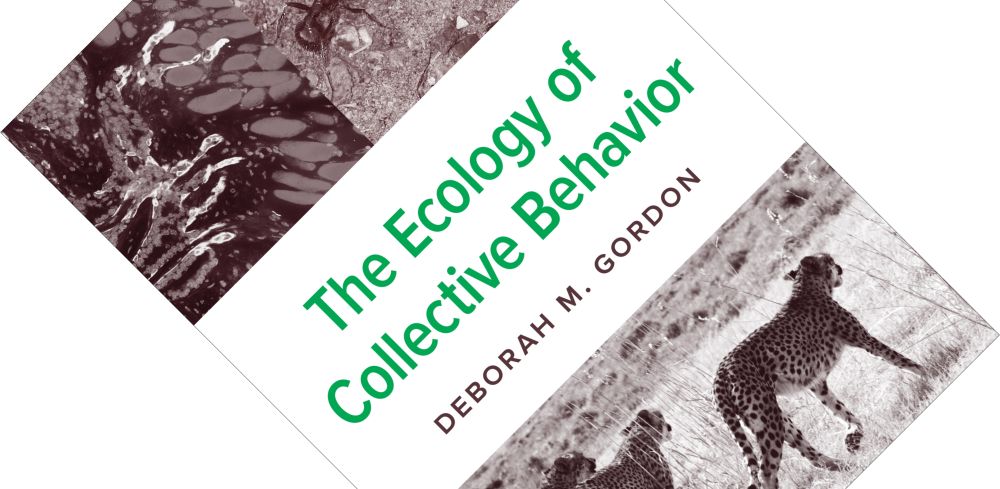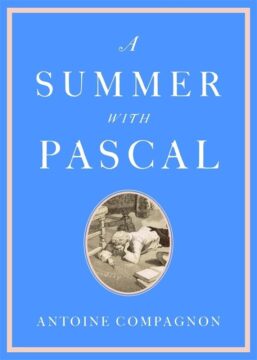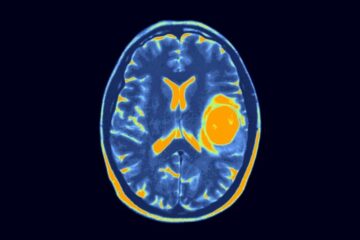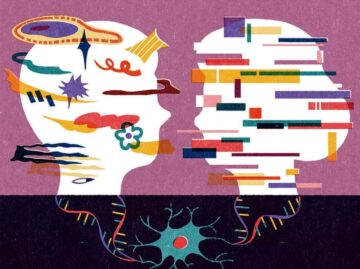Patrick Doan in the European Review of Books:
Where there’s an airport, there’s security, and where there’s China, there’s screening, so here we are at the checkpoint at Baiyun International Airport, where austere officials are checking that we’re not carrying anything suspicious. We go through the scanner first, and A-kong takes his time. When the diaphanous image of his suitcase’s entrails finally appears on the screen, the agents are surprised to see quite clearly a thirty-centimeter knife, lying peacefully alongside twelve boxes of Doliprane (paracetamol) 1000mg, one hundred and eighty COVID masks (which he will later offer to my cousin) and eight camera batteries — for A-kong suffers from a rather severe scopic compulsion. A conversation in Mandarin ensues between the agent and my father, who hopes to convince the woman not to confiscate his « fruit knife ». Meanwhile, while my wife Insa questions the reliability of Luchthaven Schiphol’s security service (we’d flown from Amsterdam), my daughter Elly rolls her eyes, my son Robin pretends to look at his smartphone (without a network), and I watch my father adopt a familiar posture: a man of good faith imploring clemency from his next superior. This time his plea has little effect. But I know it has worked before — at least once.
It was forty-seven years ago, in a sweet potato field on the edge of the jungle. A few days earlier, the Khmer Rouge had entered Phnom Penh as liberators, then started shooting at everyone.
More here.
Enjoying the content on 3QD? Help keep us going by donating now.

 This is the third of a trio of reviews in which I take a brief detour into ants and collective behaviour more generally. I previously reviewed
This is the third of a trio of reviews in which I take a brief detour into ants and collective behaviour more generally. I previously reviewed  I
I Ashura is marked on the 10th day of Muharram, the first month of the Islamic calendar, by all Muslims. It marks the day Nuh (Noah) left the Ark and the day Musa (Moses) was saved from the Pharaoh of Egypt by God. The Prophet Muhammad used to fast on Ashura in Mecca, where it became a common tradition for the early Muslims. Ashura this year will be marked in most places on August 29. But for the Shia, it is also a major religious event to commemorate the martyrdom of Husayn Ibn Ali al-Hussein, the grandson of the Prophet Muhammad, who died at the Battle of Karbala in 680 AD.
Ashura is marked on the 10th day of Muharram, the first month of the Islamic calendar, by all Muslims. It marks the day Nuh (Noah) left the Ark and the day Musa (Moses) was saved from the Pharaoh of Egypt by God. The Prophet Muhammad used to fast on Ashura in Mecca, where it became a common tradition for the early Muslims. Ashura this year will be marked in most places on August 29. But for the Shia, it is also a major religious event to commemorate the martyrdom of Husayn Ibn Ali al-Hussein, the grandson of the Prophet Muhammad, who died at the Battle of Karbala in 680 AD. Every two weeks at Seattle Children’s Hospital in Washington, a five-year-old child stops by for a fresh dose of genetically engineered immune cells administered directly into the fluid around their brain.
Every two weeks at Seattle Children’s Hospital in Washington, a five-year-old child stops by for a fresh dose of genetically engineered immune cells administered directly into the fluid around their brain. Robinson opens
Robinson opens  WHY WOULD A
WHY WOULD A  Melinda and I sometimes read the same book at the same time. It’s usually a lot of fun, but it can get us in trouble when one of us is further along than the other—which recently happened when we were both reading A Gentleman in Moscow by Amor Towles. At one point, I got teary-eyed because one of the characters gets hurt and must go to the hospital. Melinda was a couple chapters behind me. When she saw me crying, she became worried that a character she loved was going to die. I didn’t want to spoil anything for her, so I just had to wait until she caught up to me.
Melinda and I sometimes read the same book at the same time. It’s usually a lot of fun, but it can get us in trouble when one of us is further along than the other—which recently happened when we were both reading A Gentleman in Moscow by Amor Towles. At one point, I got teary-eyed because one of the characters gets hurt and must go to the hospital. Melinda was a couple chapters behind me. When she saw me crying, she became worried that a character she loved was going to die. I didn’t want to spoil anything for her, so I just had to wait until she caught up to me. Some of the 20th century’s greatest thinkers – Higgs, Freud, Einstein – reveal so much to us through the objects that surrounded them. Higgs’s passion for music and ordered thinking is apparent through his alphabetised collection. The lack of concern for updating his interior suggests a focus on what’s going on in his mind, rather than material possessions. There is a joy to knowing he waited 47 years for his theory to be verified by the Large Hadron Collider, but lived to see it and secure his Nobel Prize.
Some of the 20th century’s greatest thinkers – Higgs, Freud, Einstein – reveal so much to us through the objects that surrounded them. Higgs’s passion for music and ordered thinking is apparent through his alphabetised collection. The lack of concern for updating his interior suggests a focus on what’s going on in his mind, rather than material possessions. There is a joy to knowing he waited 47 years for his theory to be verified by the Large Hadron Collider, but lived to see it and secure his Nobel Prize. Seemingly overnight, Elena Ferrante — or rather, the novelist writing as Elena Ferrante — found worldwide acclaim.
Seemingly overnight, Elena Ferrante — or rather, the novelist writing as Elena Ferrante — found worldwide acclaim.